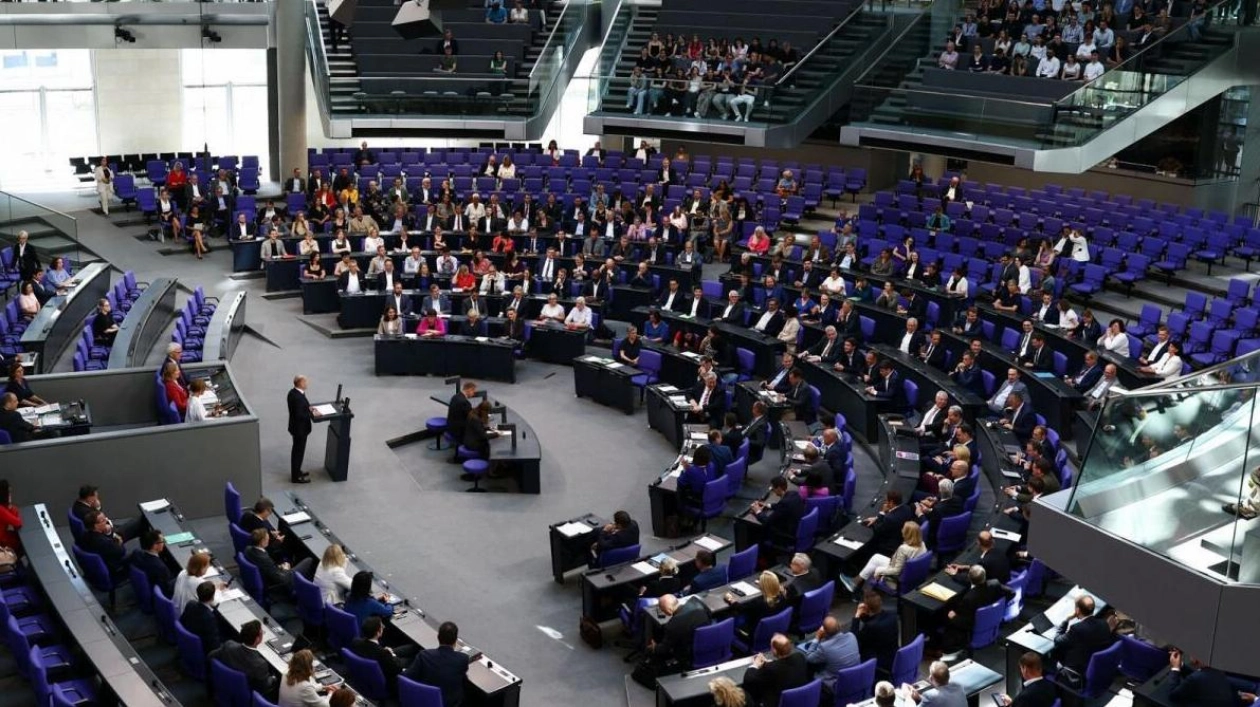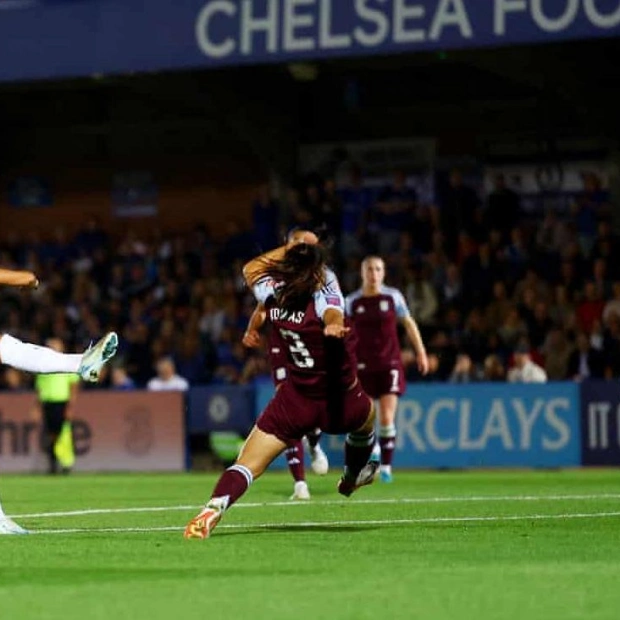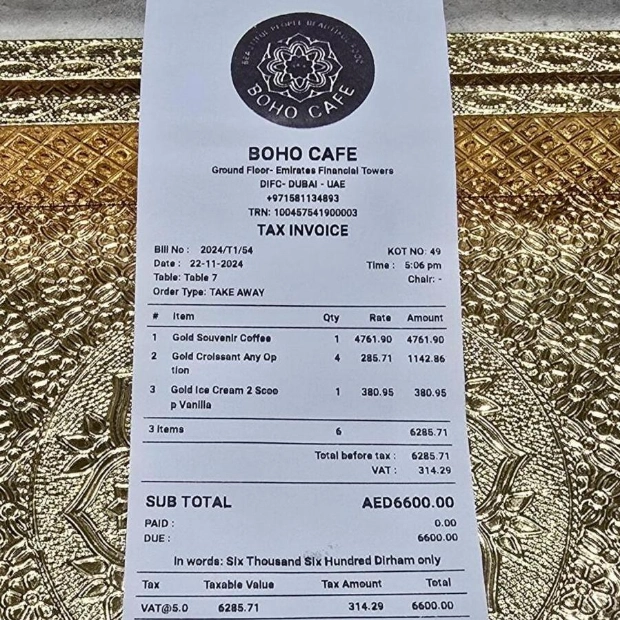In April, the Nato military alliance celebrated its 75th anniversary since the signing of its founding treaty in Washington, where members convened for a summit to commemorate the occasion. Here are key details about the organization, born during the Cold War and revitalized by Russia's conflict with Ukraine.
Initially, only 12 countries were part of the North Atlantic Treaty in 1949, as the United States, Canada, and Western Europe united to counter the Soviet Union's post-World War II threat. As Nato's first Secretary-General Lord Ismay humorously stated, the alliance aimed to "keep the Soviet Union out, the Americans in, and the Germans down." Turkey and Greece joined in 1952, followed by West Germany in 1955. Post-Cold War expansions included Poland and the Baltic states, bringing Nato closer to Russia's borders.
Following Russia's invasion of Ukraine in 2022, Sweden and Finland abandoned their non-alignment policies to join Nato, expanding the alliance to 32 members. Collectively, Nato countries represent nearly one billion people and about half of the world's GDP, with 3.2 million military personnel. Notably, Iceland is the only member without its own army.
Nato activated its Article Five collective-defence clause only once, after the 9/11 attacks in the United States, demonstrating solidarity with its leading military power. This marked a significant shift from the European-centric threats originally envisioned. Nato's involvement in Afghanistan lasted until 2021, ending with a tumultuous withdrawal that enabled the Taliban's resurgence.
In response to Russia's annexation of Crimea in 2014, Nato allies committed to spending at least 2% of their GDP on defense, a target reinforced after Russia's full-scale invasion in 2022. By 2024, 23 members are projected to meet or exceed this target, up from just three in 2014. Nato's longest-running mission, KFOR in Kosovo, began 25 years ago and continues to operate, despite recent tensions that led to additional troop deployments.
Nato's global engagements also include nearly two decades in Afghanistan and the 2011 Libya bombing campaign. Notably, no country has formally withdrawn from Nato, although France distanced itself from its military command structure for nearly 43 years before rejoining in 2009. French President Emmanuel Macron has recently criticized Nato for experiencing "brain death," a view that has since evolved in light of Russia's aggressive actions.






